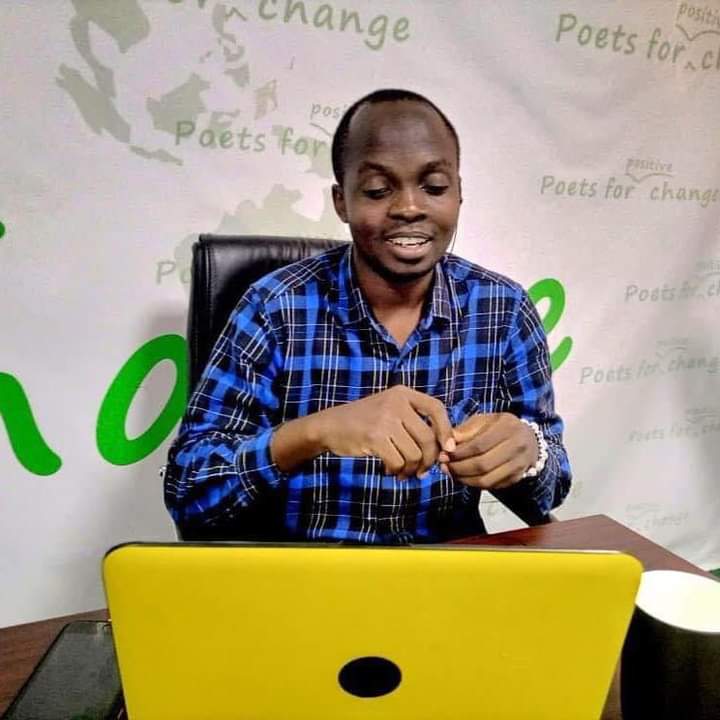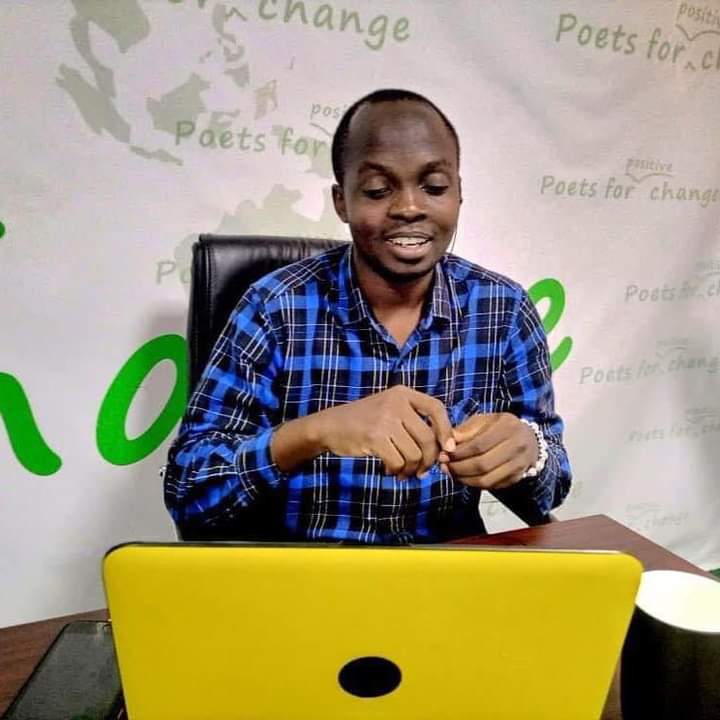

Earlier this week, I watched with concern the video of protesters in Abuja demanding that they want an interim government in place of the recent presidential election results. This is a reaction to the recent election (selection, really) of Tinubu as the president-elect of Nigeria and this is their recommended alternative line of action since they want the presidential election canceled and Tinubu’s swearing-in stopped. While their anger is valid, I think the demand is not only wrong but also very selfish. But I think this selfishness can be caused by some ignorance of history.
This demand is selfish and hypocritical because this protest is coming from the same Peter Obi camp that kept telling everyone to not protest the cash scarcity before the elections because it felt the policy will boost its chances despite the fact that the policy was killing Nigerians. Peter Obi also feared protests because he thought they could mean disruption of the election and imposition of an undemocratic interim government, none of which happened then when people still went ahead to protest across the country. Yet, the same Peter Obi political camp is presently embarking on protests demanding an interim government.
What better way to describe this than hypocrisy? But it is not new! The Nigerian political elite has always been hypocritical. The same Tinubu who rode on sentiments of being an opposition to the cash scarcity policy (even though he was an opposition for selfish reasons) is now the same president-elect who has gone very silent about the policy despite the continued scarcity of cash, even after the election. The Nigerian political elite only cares about their own interests and will use any means necessary to maintain their grip on power. This is why they are quick to suppress protests when it threatens their interests, but are willing to protest when it serves their interests. From Atiku to Obi and Tinubu, there’s a shared history of suppressing protests, but every one of them has become a protester at one point or the other in this race to become the next president.
This is why no serious opposition to APC can come from either Atiku’s PDP or Peter Obi’s LP. What Nigeria really needs is a genuine opposition that is not beholden to the political elite. The Peter Obi camp has shown that they are not interested in opposing the ruling party – APC, but rather in taking their place. They would support APC’s policies as they did on cash scarcity and subscribe to APC ideologies. It was Peter Obi who claimed that he does not have any ideological differences with Atiku and Obi. This is not true opposition. That’s just a power struggle between the different factions of the ruling class. And it is necessary for us to remember to not die in their war.
This is why Nigeria is presently in need of radical political change more than ever before. Nigeria needs radical political change that prioritizes the interests of the masses over that of the ruling elite. Not a change that seeks to preserve a faction of the ruling elite. Peter Obi is not only a capitalist billionaire, he had one of the Generals who led #EndSARS denial in his campaign team until outrage made him drop General Eneche. He also had political thieves like Okupe leading his campaign up till some point. The change of Peter Obi is only to preserve a side of the ruling elite and uphold the current political system which is designed to benefit the few at the expense of the many.
This is where a radical overhaul of the system becomes necessary, to ensure that the people of Nigeria have a real say in their governance. This is where the demand for an interim government becomes a threat to the democratic process and the democratic interests of the Nigerian masses. This is not to say that the election results should be respected and any opposition should ‘go to court’. This is to say that the grievances can only be addressed with a revolution, and not any legalistic means like a court judgment or interim government. Also, allowing a group of people to impose an interim government undermines the democratic process we’re protesting about and sets a dangerous precedent for future electoral efforts.
An interim government from the history of our country, Nigeria, is not only totally anti-democratic, but it is also a bus stop away from a military takeover of the country. One would recall the Ernest Shonekan sham interim national government (ING) and how it undermined democracy and laid the red carpet for the entry of General Abacha, the dictator. General Abacha’s military dictatorship was characterized by human rights abuses, corruption, and political repression. This history should serve as a warning against the dangers of interim governments.
Interim governments are a threat to democracy not only because they bypass the regular democratic process, but mainly because they are imposed by a small group of ‘respected’ elites that do not have a mandate from the people. It’s like a civilian coup. It undermines the principle of popular sovereignty and puts the power in the hands of a small group of people, just like the sham election that brought in Tinubu as president. Interim governments provide an opening for the military to step in and take over, which is dangerous for any democracy. The military is a constant threat to democracy in Nigeria having disrupted our democracy, three times now. Its interference in our politics has led to numerous bloody coups and led a civil war.
What we need are stronger democratic institutions and systems that can withstand the pressures of a changing political landscape. This capitalist system and the Nigerian ruling class have failed to enable an independent judiciary, a free and fair media, and a strong civil society. They destroyed these institutions because they did not want them to act as a check on the power, and that has led to this rise of authoritarianism in the country. The Nigerian political elite is a parasite who feeds off the masses. They are not interested in the welfare of the people, but rather in maintaining their grip on power and wealth. This elite cannot reform these institutions, even if they wanted to. That’s the limit of reforms. It is that this political system in Nigeria is designed to benefit the ruling elite at the expense of the masses. Reforms within this system can only go so far and they will not fundamentally address the root causes of inequality and injustice. This is why the ruling class has failed. The ruling class in Nigeria has proven itself incapable of effectively running the country.
Revolutionary protests should not be about making demands from this class of failure, but about taking direct action to create a new system that works for the people. Embarking on protests to create new institutions that work for the people. The solution that works for the people is in the hands of the people. Nigeria’s democratic future is in the hands of the people. We must go beyond demanding accountability from our leaders and fighting for our rights within this system. We must go behind ensuring that our voices are heard in the democratic process and that our interests are represented in government. We must get to the point of direct democracy where we can directly determine our fate as citizens without having to go through representatives.
Revolutionary protests should not be about making demands from a ruling class who have proven incapable of running our society effectively but should be about the masses taking direct action on the streets so that we can democratically take over their society and rearrange it in the way we prefer. Revolutionary protests are not about making the institutions of this system work, but about laying the foundations of a new system with institutions and structures that can work.
Revolutionary protests must involve the majority of the masses in direct action on the streets, as this is the only way that we, the masses, can democratically take control of our country. Direct action like mass mobilizations, strikes, and other forms of civil disobedience is the way forward, not Obidience. Nigeria’s future is in the hands of the people and in the hands of the youth who are the majority of the population. We are the ones who will inherit the country and we have the power to shape its destiny. It is time for us to lead the charge for a better system that is more just, more equitable, and more democratic.
As young people, we must learn from our country’s history of resistance. Yes, Nigeria has a rich history of resistance against oppression and injustice. From the anti-colonial struggle to the pro-democracy movement, the Nigerian people have shown time and time again that we are willing to fight. While protests over this just-concluded election are a continuation of that tradition, it should be directed towards genuine change and not just a change in the faces of the ruling elite. Those past protests did little because we were busy making demands instead of taking charge. That’s the lesson we must draw from our history on the importance of direct action and building a new system. Our revolutionary protests must draw on this history and build on its successes and failures. Power should not just change hands. Power should be in everybody’s hands.
That’s why we need to build a new system with a permanent revolt. That permanent revolution is our solution. As we go into the streets to oppose the recent undemocratic elections, we must remember that revolutionary protests must be about laying the foundations of a new system that is built on the principles of democracy, equality, and justice. This includes creating new institutions and structures that are designed to work for the masses, not just the ruling class, and that is what we have to do now!
Omole Ibukun writes from Abuja, Nigeria, and can be contacted on 09095070026
Nice Write up HON. IBK. Why not mention the person that can actualize this revolution. Instead of focussing and mentioning those ones that causes our problem.